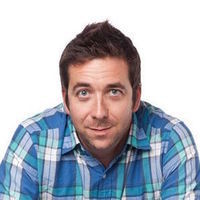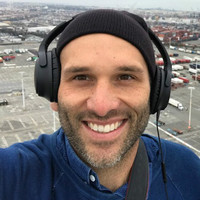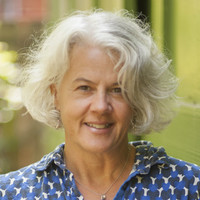Mike Sager, writer-at-large for Esquire and founder of The Sager Group.
"I was instilled with this thing by my parents who loved me — they fucked me up plenty but they loved the shit out of me — where I can go with people who are different and I don't feel bad about myself. I've had 13-year-old pit-bull fighting kids shame me horribly...throw pebbles at my head, and it doesn't bother me. Because when I'm a reporter, I'm not me. I'm just there to get the job done and learn stuff. I don't take it personally. Plus, I know I'm going to get the last word."
Thanks to TinyLetter for sponsoring this week's episode!














